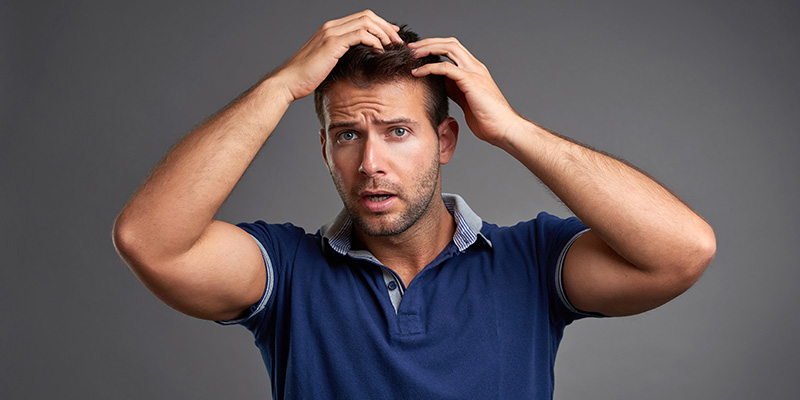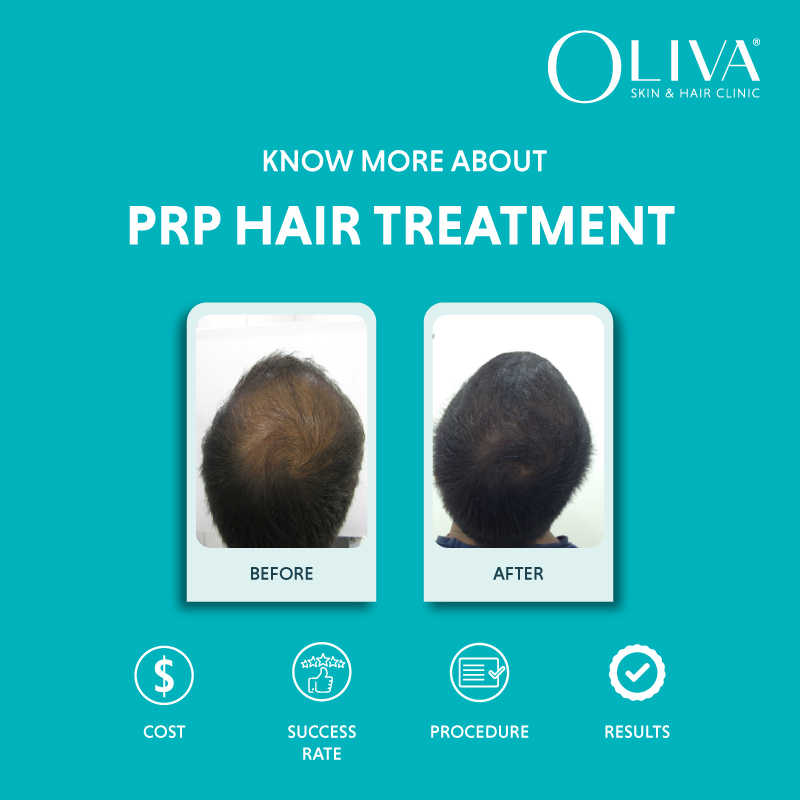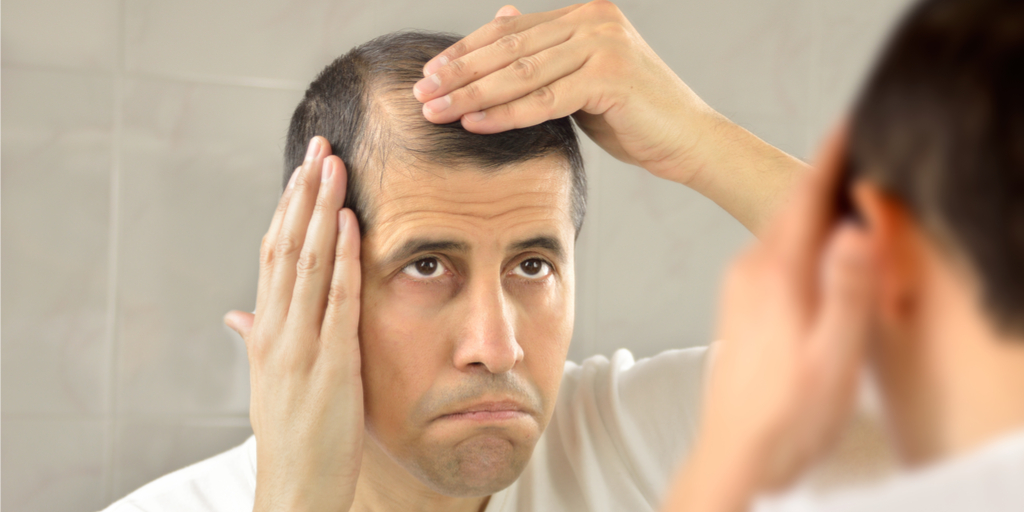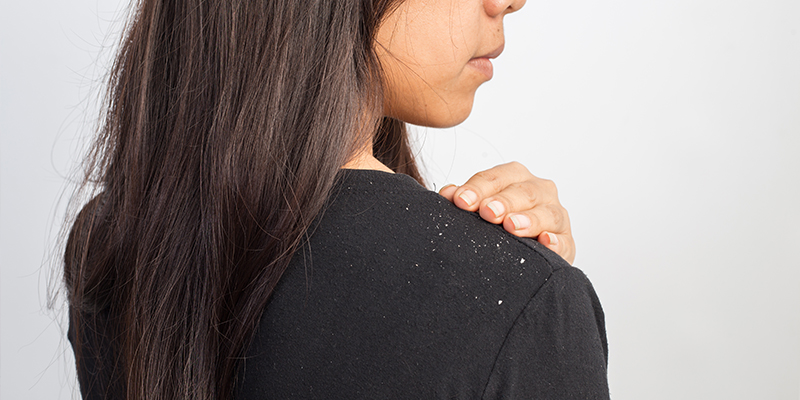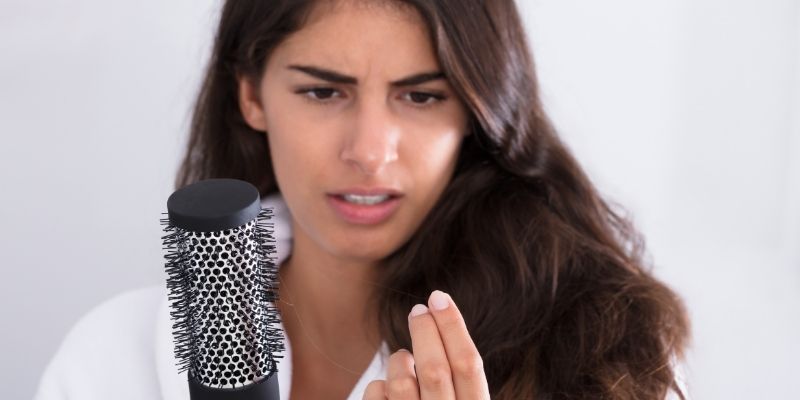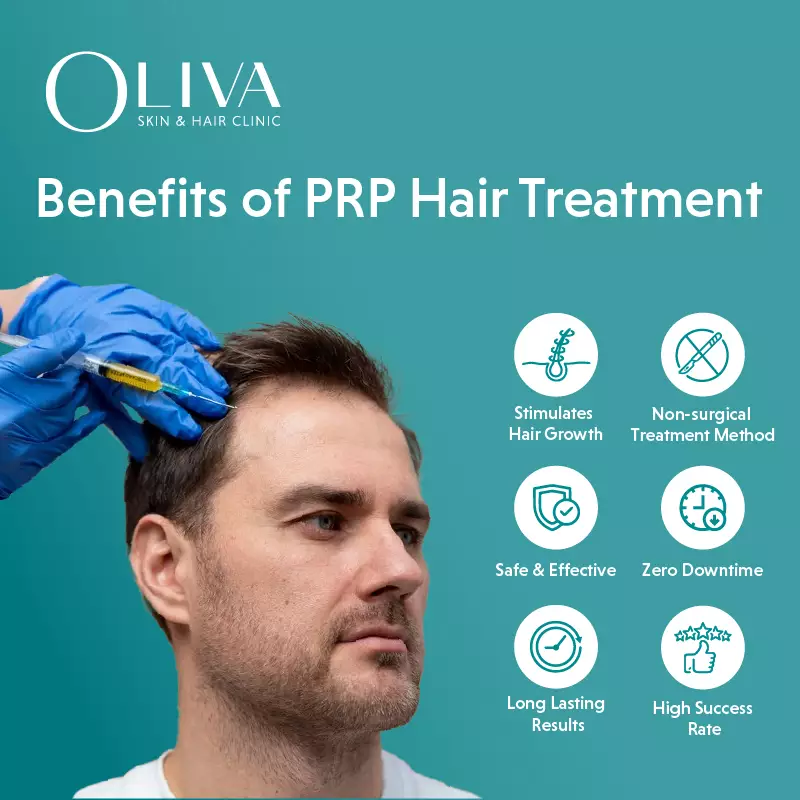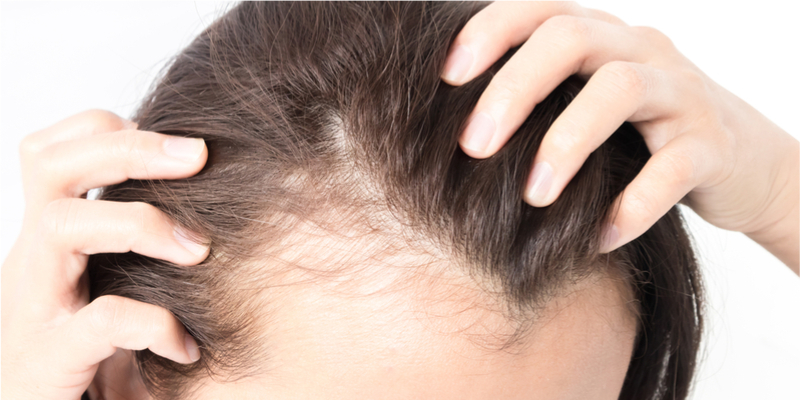Hair Loss Due To Stress: Causes, Treatments And Prevention Tips
Our body and mind are a function of our health and happiness. The more we are stressed out, the more it affects us. And not just psychologically but physiologically as well. Stress is a by-default reaction of our body, to adjust to the action. And anxiety is the body’s natural reaction to this stress. Let us first understand how can stress and anxiety cause hair loss, and how to treat it effectively?
Can Stress Cause Hair Loss?
Yes! There is a direct correlation between stress/ anxiety and hair loss, and this has been proved by murine model experiments conducted by scientists across the world. The effects of stress and anxiety have been measured during the three-step cycle of hair growth. Technically, anxiety and stress are two different conditions but they have a huge overlap in a way.
The key reason for anxiety and hair loss is the inherent stress. Anxiety in a way is almost like a long-term and persistent stress, that affects the growth phase or the anagen phase of the hair cycle. It means anxiety puts you at not just mental but physical stress too.
Must Read: Hair Loss Treatment
How Does Stress Affect Your Hair?
Stress is not just a temporary condition but it may lead to long term persistent anxiety, that would disrupt the equilibrium of the body. Stress can cause immense hormonal changes and this leads to a number of impacts; including depression or heart ailments along with hair loss as an evident repercussion.
As stress increases adrenaline in the body, that may result in triggering the cholesterol levels in the body. This, in turn, will raise the testosterone levels (androgen hormone) and trigger hair loss. Singe androgen increases DHT in the body which causes hair loss.
Common Symptoms Of Stress And Anxiety Related Hair Loss
Anxiety and hair pulling are common, and they leave you with having hair troubles. Some common symptoms to look out for stress related hair loss include –
- Thinning hair, especially from hairline and crown region
- Big clumps of hair falling each day
- Evident balding on the scalp, in patches or otherwise
- More than normal daily hair fall (over 100-150 strands a day)
- Too many hairs in shower, comb or pillow
Must Read: What Are The Early Signs And Symptoms Of Hair Loss?
Different Types Of Stress And Anxiety-Related Hair Loss
- Telogen Effluvium – This is a condition which cuts the growth phase of hair follicles and forces the hair into resting state or shedding state, due to hormonal changes or an imbalance. Over the following months, these hair shafts shed from daily wear and tear (washing, combing, and styling). It is a reaction to various stressors like –
I – Endocrine – Childbirth, miscarriage, abortion, thyroid problem, estrogen containing drugs
II – Stressful events – Illness, surgery, trauma, acute psychological stress
III – Nutritional causes – Rapid weight loss, iron deficiency, protein deprivation, or excess consumption of vitamin A
IV – Medications – retinoids, cholesterol lowering drugs, anticoagulants, etc.
V – Inflammatory Scalp Disease – Seborrheic dermatitis, erythroderma - Trichotillomania – It is a kind of pressure alopecia. A compulsive reaction to stress, people affected by trichotillomania tend to cope with stress by pulling hair from the scalp or other parts of the body. The individual uses pain substitution from hair pulling, to deal with a stressful event or lifestyle. Typically, other mental health issues can also be diagnosed in conjunction with this condition.
- Alopecia Areata – This condition arises when the immune system of an individual is compromised. It targets hair follicles and attacks them due to chemical imbalances brought by stressful encounters. This is classified as an autoimmune hair disorder.
Must Read: What Are The Causes Of Hair Loss In Teenagers?
Stress And Hair Loss – Will The Hair Grow Back?
Yes, once your body comes back to normal; the hair loss and hair thinning condition will improve. Especially when the episode of trauma, injury, emotional upheaval, distress, etc. is over, mostly after 3-6 months the hair would begin to show signs of normalcy, but there may be subjective aspects to it.
How To Treat Hair Loss Due To Stress?
Treating hair already lost due to stress and anxiety can be challenging if you ignore the early signs and allow it to worsen. If detected early there can be quick and efficient hair re-growth and restoration. These treatments must only be done by an expert dermatologist following sterile procedures –
- PRP or platelet-rich plasma – It is a therapeutic and non-invasive procedure that helps in stimulating the dormant stem cells which have caused hair loss and hair thinning. It is extremely safe as the patient’s own blood is extracted from any donor site on their body. Then it is put to a USFDA approved machine called centrifuge which separates the plasma from blood. This plasma is then mixed with protein rich substances to form an activated and enriched concoction rich in growth factors. This is then injected back into the scanty areas of hair on the scalp. This infuses growth rich factors in the hair follicles which help in stimulating new hair growth. Thus restoring the lost hair.
- Hair transplant – It is an invasive procedure that first removes some grafts from the scalp that are rich in hair growth. Then in a clinically controlled medium, they are harvested and tiny grafts are prepared from them. These tiny grafts are then put back into the scalp with scanty hair growth. This helps in stimulating new hair growth.
- Minoxidil – A USFDA approved formula for hair growth for both men and women, available in foam and solution form (2% and 5%) that acts as a vasodilator. This helps in widening the blood vessels thus enriching micro-circulation with increased oxygen and nutrients supply to the hair follicles. This helps in bringing enriched hair growth in 4-6 weeks of its religious application
- Finesteride – Like minoxidil, finasteride is also USFDA approved medicine for treating hair loss only in men. Follow the dosage instructions as given by your dermatologist as there are side effects otherwise.
Must Read: What Is The Cost Of PRP Hair Regrowth Treatment?
How To Prevent Hair Loss Due To Stress?
Medication will take you only so far. Treatments will only help recover from the visible signs of hair loss. But lifestyle changes are required to reduce stress and in turn, solve your problems of hair loss further –
- Meditate – Meditation can simply be a process of focusing on the present and the flow of your thoughts. There are several methods and schools of thought for meditation – repeating positive statements for reinforcement, focusing on a thought or object or just breathing in a specific pattern to help you relax.
- Belly Laugh – Laughter is the best medicine, and there is some truth to that saying. Stress hormones called cortisol, decrease drastically leading to the release of endorphins (hormones associated with positive mood) which aids in de-stressing. Allow recreation and entertainment to release those positive hormones.
- Play Some Tunes – Music studies have shown a direct relation to changes in blood pressure, heart rate, and anxiety rates, thereby making it an effective tool to manage stress levels. Finding ambient and relaxing sounds, like rainfall or ocean waves, and even watching the related imagery while listening to them can help calm your mind and relax your body.
- Start A Regular Exercise Program – With any form of physical activity, your brain can trigger the release of ‘happy hormones’ called endorphin and serotonin. The effect of these hormones on the body are associated with relaxation, happiness, and calmness. The added benefit of an exercise program is the ability to focus on the activity, thereby distracting you from the stress on your mind, giving you a much-needed break. Find a manageable routine and sweat out that ‘stress’.
- Get Enough Sleep – On average, people require seven to eight hours of uninterrupted sleep to allow the brain and body to perform a daily reset. The right amount of sleep allows the body to avoid daytime fatigue and emotional stress (up to a point only) which are the most common symptoms of stress. Not getting enough sleep has a chain reaction which could lead to Telogen Effluvium, a stress disorder that prevents the hair cycle from entering the growth phase.
- Follow A Healthy Diet – The right amount of nutrients at regular intervals can do wonders for your body’s capability to deal with stress as well as enrich your skin and hair. Vitamin deficiencies (usually vitamin A, vitamin B12, and vitamin B7) are correlated with hair loss brought on by stress. Good sources of these vitamins are in dairy products and eggs. Optionally, if you are restricted to a customized diet, take a vitamin supplement as recommended by a medical professional.
- Connect With Your Network – The truth is that humans are social animals. Loneliness or isolation tends to have a negative effect on the mind and breeds more mental distress. Connecting with people (who you can trust), whether they are medical professionals, family or friends, and talking to them can give an outlet to your stress and maybe even provide a new perspective. Stress’ loss is your hair’s gain.
- Follow Your Hobbies and Interests – It is extremely helpful in getting rid of undue stress and anxiety, as you put your heart and mind into something you like and in a creative way.
- Find Time for Yourself – Sometimes being with self is the best medicine. You need to find your inner self in a way that you yourself identify how stress is affecting you. This will also help in gaining inner strength, but if it adds to your distress then seek therapy.
Stress can be a very silent yet integrated problem in your daily life. Keep stress and anxiety at bay and also allow the early signs to be taken up to an expert for timely resolution. Do not get carried away by home based solutions as they may cause further damage to your hair. All you need is a holistic treatment plan that suits your condition.


